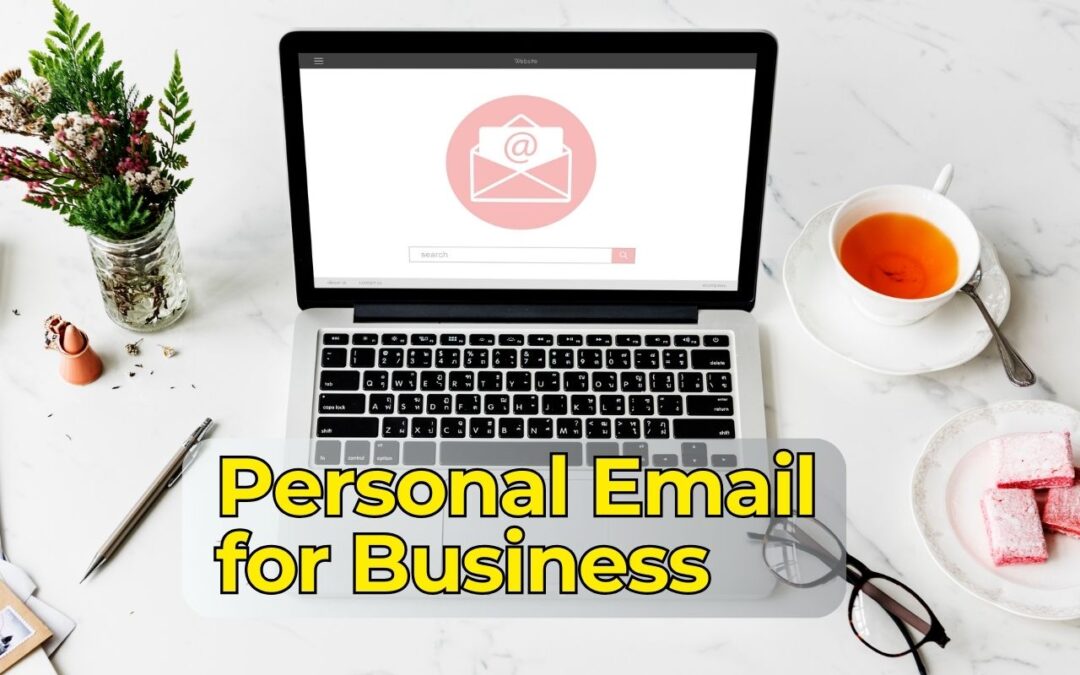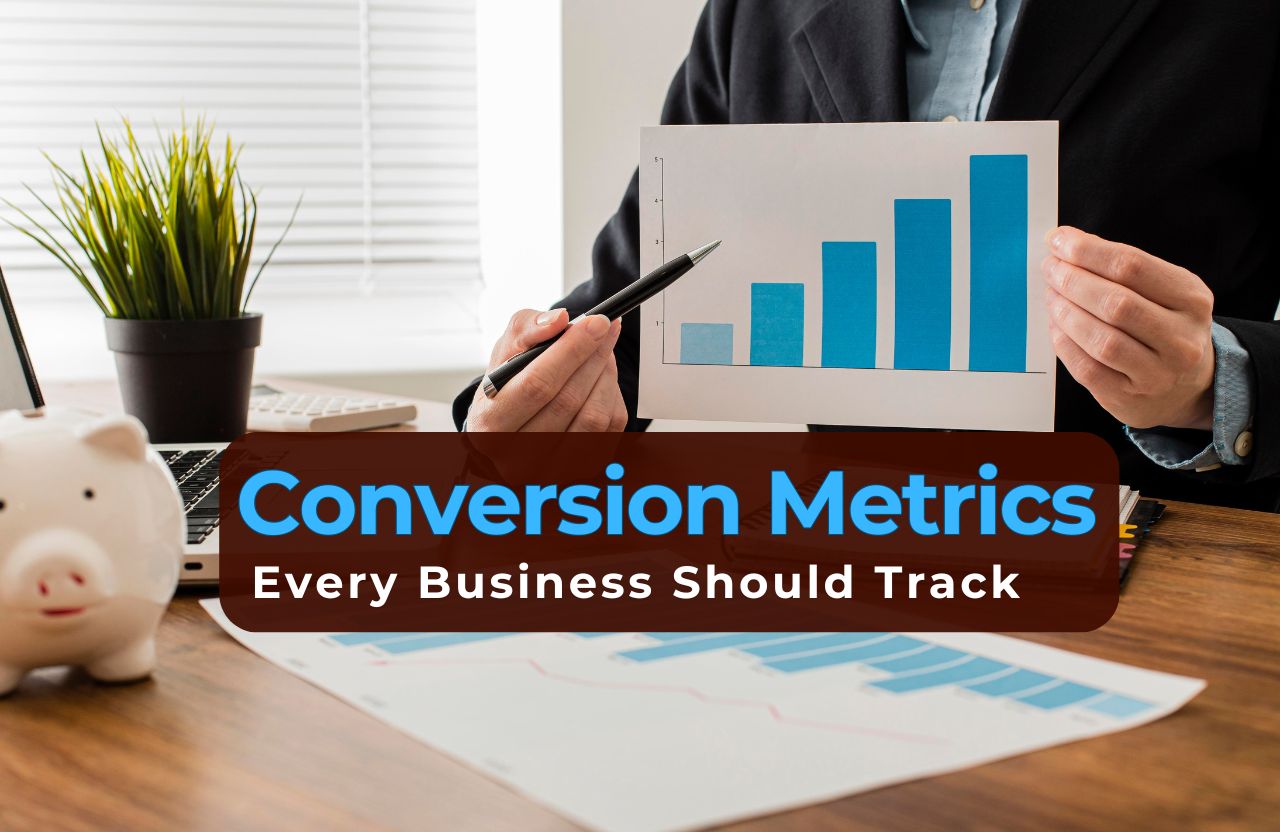In the digital age, email remains one of the most vital communication tools for businesses. Whether it is used for coordinating projects, negotiating deals, communicating with clients, or sending company updates, email serves as a cornerstone of professional interaction. However, one mistake that many small business owners, freelancers, and even some established professionals make is using their personal email addresses for business communication. This may seem harmless or even convenient at first, but it can have significant ramifications down the line.
In this comprehensive blog post, we will explore why you should never use a personal email for business communication, the risks it poses, and the benefits of switching to a dedicated business email account. We’ll also provide actionable tips on setting up and managing your business email effectively.
1. Lack of Professionalism
When clients or partners receive an email from an address like [email protected], it immediately undermines the credibility and professionalism of your brand. In contrast, a business email such as [email protected] conveys seriousness, dedication, and legitimacy. A professional-looking email address often becomes the first impression people have of your business, and you want to make it count.
Perception Matters
People tend to associate custom domain emails with trustworthy and established businesses. On the flip side, a personal email address may raise questions about the size, stability, or commitment of your operation.
2. Security Risks and Vulnerabilities
Personal email accounts are typically less secure than business email accounts. They are more vulnerable to hacking, phishing attacks, and other security threats, especially when they are used across multiple personal platforms like social media, e-commerce websites, and entertainment subscriptions.
Sensitive Business Data
Business communication often involves sharing confidential information, contracts, and sensitive data. Using a personal email exposes this information to higher risks, as personal emails may not have enterprise-level security measures such as two-factor authentication, end-to-end encryption, or admin controls.
3. Lack of Control and Oversight
In a business setting, especially as your team grows, having oversight over email communications is crucial. Business email platforms such as Google Workspace and Microsoft 365 allow for administrative control, data loss prevention, and the ability to monitor or audit employee accounts when needed.
Challenges in Delegation
If you’re using a personal email and need someone to handle communication while you’re away, you have to either share your personal password (a massive security risk) or forward individual emails manually, which is inefficient.
4. Poor Organization and Management
Personal email inboxes are often cluttered with everything from newsletters and shopping receipts to social media notifications. Mixing personal and business emails can lead to disorganization, missed opportunities, or overlooked messages.
Productivity Concerns
Searching for a business email among a sea of personal messages wastes valuable time and can result in miscommunication or delayed responses, hurting client relationships and potential revenue.
5. Legal and Compliance Issues
Depending on your industry, using personal email for business can lead to serious compliance violations. For example, sectors like healthcare, finance, and legal services are subject to strict data handling regulations such as HIPAA, GDPR, and SOX.
Data Retention and Discovery
If you are ever involved in a legal dispute, discovery requests may require you to submit all business-related communication. If it’s mixed in with personal messages, separating them becomes a complicated and potentially costly legal challenge.
6. Brand Identity and Marketing
Your email address is an extension of your brand. Every communication you send contributes to your business identity. A custom domain helps reinforce your brand with every email, while a personal email does nothing to build brand recognition or trust.
Email Campaigns and Newsletters
Most email marketing tools require a business email for compliance and delivery purposes. Using a personal email can lead to your newsletters or promotional messages getting marked as spam or not being delivered at all.
7. Lost Opportunities in Networking
Professional networks and forums often give more credibility to members with business emails. Using a personal email can limit your access to exclusive communities or collaboration opportunities.
Business Cards and Conferences
Imagine handing out a business card that says [email protected] at a professional networking event. It instantly diminishes your perceived value and seriousness in your field.
8. Scalability Issues
As your business grows, you’ll want to add employees, departments, or even multiple branches. Without a professional email infrastructure in place, this growth becomes harder to manage.
Domain-Based Infrastructure
With a business email system, you can easily create emails for employees (e.g., [email protected] or [email protected]) and establish email groups or aliases, which is not feasible with personal email accounts.
9. Better Spam Filters and Deliverability
Business email providers typically have better spam filters and deliverability rates than free personal email services. This means fewer of your emails end up in your recipient’s spam folder and you’re more likely to get timely responses.
Reduced Risk of Blacklisting
Custom domain emails are less likely to be blacklisted when set up correctly, especially when SPF, DKIM, and DMARC records are properly configured—critical aspects not available or manageable with personal email addresses.
10. Ease of Backup and Migration
Business email systems offer tools for automatic backup, data archiving, and easy migration in case you switch platforms. Personal emails often lack these features or require third-party tools.
Continuity in Business Operations
If an employee leaves or transitions roles, their emails can be transferred or redirected seamlessly without affecting business continuity—something that is almost impossible with a personal email address.
How to Set Up a Business Email
Now that you understand the risks and drawbacks of using personal email for business, here’s how you can set up a proper business email system:
- Register a Domain: Choose a domain name that aligns with your brand. Use domain registrars like GoDaddy, Namecheap, or Google Domains.
- Choose an Email Hosting Provider: Services like Google Workspace (formerly G Suite), Microsoft 365, and Zoho Mail offer professional-grade business email solutions.
- Set Up Email Accounts: Create email accounts for yourself and your team with appropriate role-based addresses (e.g., info@, sales@, support@).
- Configure Security Settings: Implement two-factor authentication, set strong password policies, and configure SPF, DKIM, and DMARC for better email deliverability and security.
- Train Your Team: Educate your team about email etiquette, phishing threats, and secure data sharing practices.
- Monitor and Audit: Regularly audit email usage, permissions, and access logs to maintain control and security.
Final Thoughts
Using a personal email for business might seem like a cost-saving shortcut, but it’s a mistake that can cost your reputation, security, and business growth in the long run. The modern business landscape demands professionalism, accountability, and efficient communication—all of which are compromised when using a personal email account.
By investing in a dedicated business email system, you position your brand for trust, credibility, and scalability. It’s not just about email—it’s about laying the right foundation for your business’s future.
Make the switch today. Your brand deserves it.













